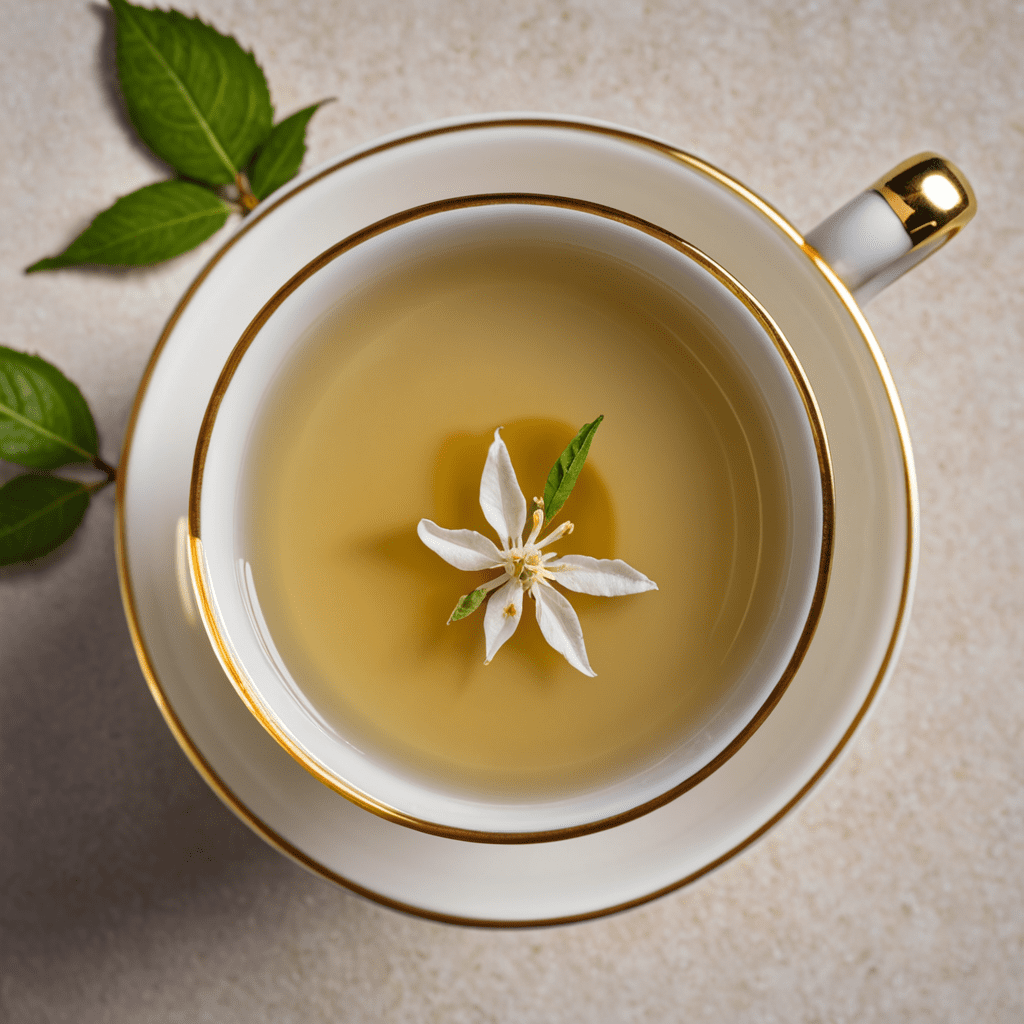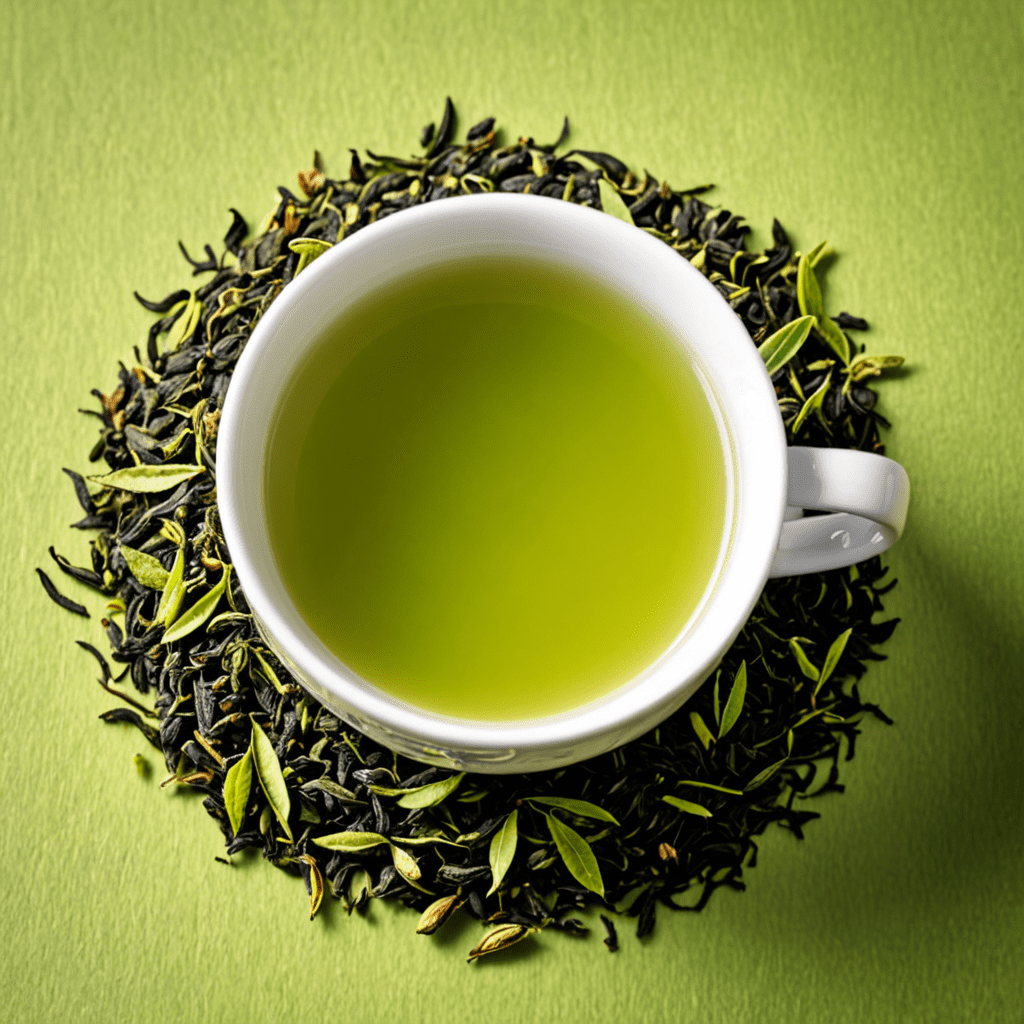Healthy and Refreshing Herbal Tea Recipes to Enjoy
Introduction
Tea has been a beloved beverage for centuries, with a wide variety of flavors and health benefits to offer. While traditional teas like green, black, and oolong are popular choices, herbal teas have gained significant attention in recent times for their unique flavors and therapeutic properties. Herbal tea recipes are a delightful way to explore different flavors and find a beverage that suits your taste and health needs. In this article, we will discuss the key elements of herbal tea recipes and provide tips for creating the perfect cup of herbal tea. So, grab your teapot and get ready to embark on a flavorful journey!
Key Elements
When it comes to herbal tea recipes, there are a few key elements that you should be aware of:
Element 1: Herbal Ingredients
Unlike traditional teas made from the Camellia sinensis plant, herbal teas are made from a variety of herbs, flowers, and spices. Each ingredient adds its unique flavor and health benefits to the tea. For example, chamomile is known for its relaxing properties, while peppermint offers a refreshing and invigorating taste. Experimenting with different herbal ingredients allows you to customize your tea to suit your preferences and needs.
Element 2: Infusion Time and Temperature
To extract the optimal flavors and benefits from the herbal ingredients, it is important to steep the tea for the right amount of time and at the correct temperature. While some herbal teas require longer steeping times, others may become bitter if steeped for too long. Additionally, certain herbs may release their flavors more effectively when steeped in hot water, while others are best infused in simmering water. Paying attention to infusion time and temperature ensures that you get the best out of your herbal tea.
Element 3: Health Benefits
Herbal teas are not only delicious but also offer a range of health benefits. For example, ginger tea is often used to soothe digestive issues, while hibiscus tea has been linked to lowering blood pressure. Understanding the specific health benefits of the herbs you are using in your tea can help you select the right ingredients to address your wellness goals.
Tips for Herbal Tea Recipes
Creating the perfect cup of herbal tea is a combination of art and science. Here are some practical tips to enhance your herbal tea recipes:
- Tip 1: Selecting Quality Ingredients: Always choose fresh and high-quality herbs for your tea. Look for organic options whenever possible to ensure that your tea is free from pesticides and other contaminants.
- Tip 2: Balancing Flavors: Experiment with combining different herbs to create a balanced flavor profile. For example, pairing a strong-tasting herb like lemongrass with a milder herb like lavender can create a harmonious and refreshing blend.
- Tip 3: Adjusting Sweetness: Herbal teas can be enjoyed with or without sweeteners. If you prefer a sweeter taste, try adding a natural sweetener like honey or stevia. Start with a small amount and adjust based on your preference.
Tip 4: Temperature Control: While boiling water is suitable for most herbal teas, some delicate herbs may benefit from steeping in slightly cooler water. Pay attention to the specific brewing instructions for each herb to ensure the best flavor extraction.
Incorporating Herbal Tea Recipes
Incorporating herbal tea recipes into your routine can be an enjoyable and healthy habit. Here are some ideas to help you make the most of your herbal teas:
- Idea 1: Morning Energy Boost: Start your day with a revitalizing herbal tea blend. Combine energizing herbs like peppermint and ginseng for a refreshing and invigorating start to your mornings.
Idea 2: Afternoon Relaxation: After a long day, unwind with a calming herbal tea. Chamomile, lavender, and lemon balm are great choices to promote relaxation and reduce stress.
Idea 3: Enhancing Sleep: Many herbal teas have natural sedative properties that can aid in a restful night’s sleep. Valerian root, passionflower, and skullcap are known for their sleep-enhancing effects.
Idea 4: Herbal Iced Tea: Beat the summer heat by brewing refreshing herbal iced teas. Experiment with fruity flavors like hibiscus and berry blends, and add a touch of sweetness with a splash of agave syrup.
Remember to enjoy the process of creating and savoring herbal tea recipes. Feel free to explore new flavors, adjust ingredients according to your taste preferences, and don’t be afraid to mix and match herbs to discover your perfect cup of herbal goodness. Happy tea-making!

